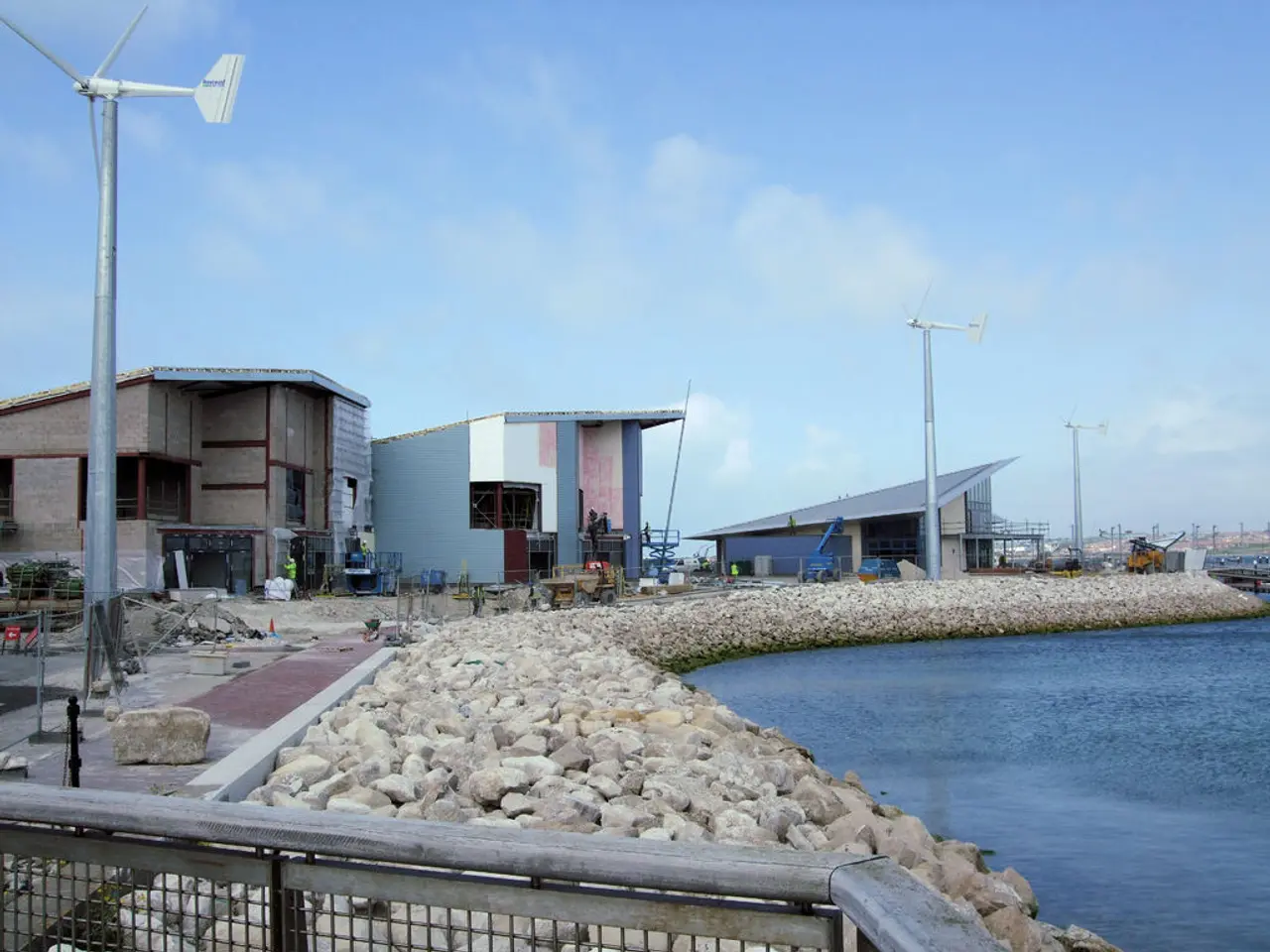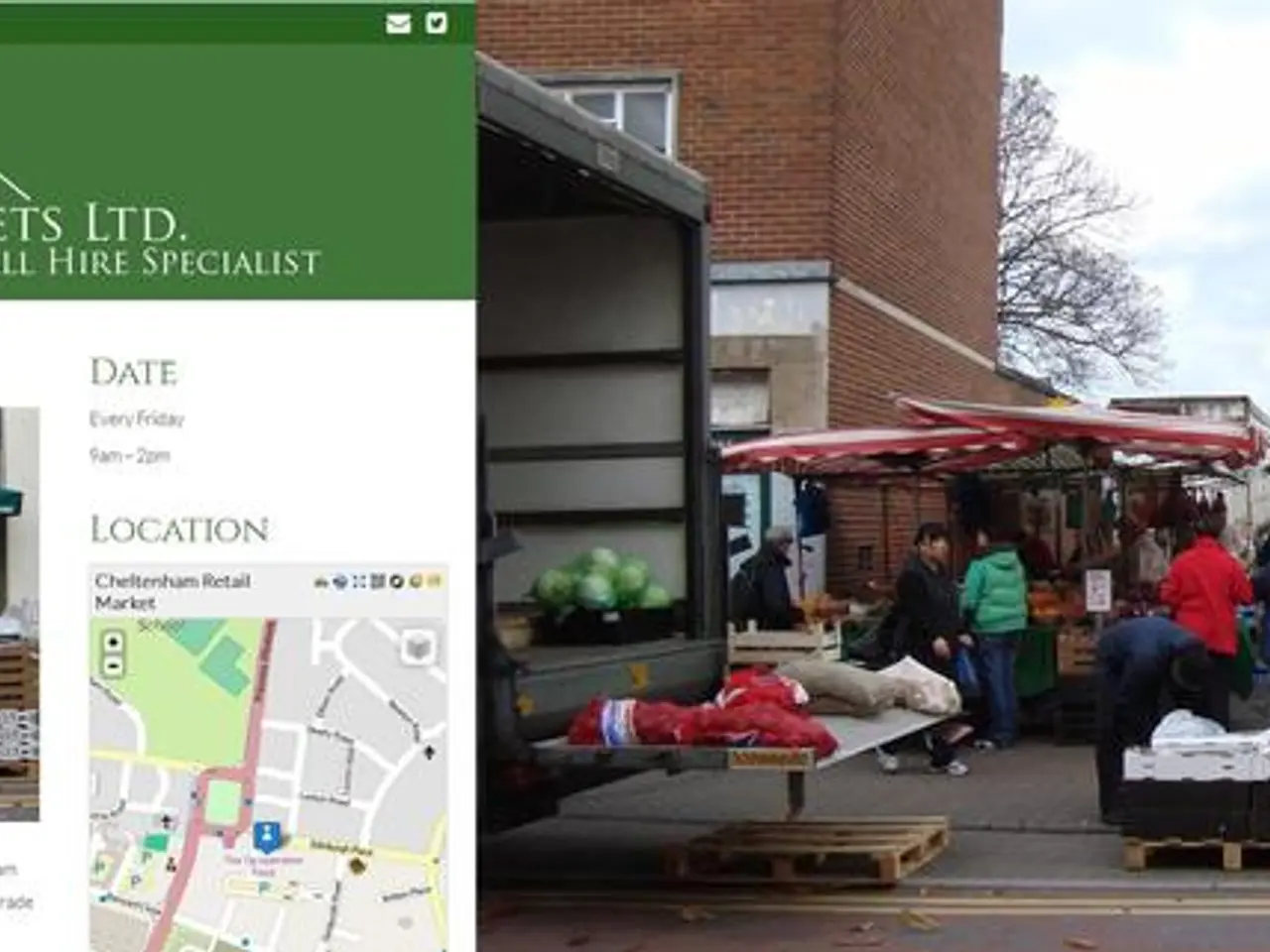Omnicom's Takeover of Interpublic Group: Shaking Up the Ad Industry
IPG Takeover Announcement: Discover IPG CEO Philippe Krakowsky's Note to Employees
In a swift turn of events, Omnicom has officially announced its acquisition of Interpublic Group (IPG). With an anticipated closure in the second half of 2025, this move could rock the ad world, challenging the dominance of WPP and Publicis Groupe.
However, this ambitious plan must overcome obstacles such as shareholder and regulatory approval. Recall the roadblocks that forced Omnicom and Publicis to scrap their $35 billion merger back in 2013.
John Wren, Omnicom's chairman and CEO, is set to remain at the helm, as stated in a formal statement. Meanwhile, IPG's CEO, Philippe Krakowsky, and COO, Daryl Simm, will take on co-president and COO roles in Omnicom.
The merger is projected to bring about substantial changes in the advertising industry, layered with complexities and potential benefits. Here's a glimpse at what's to come:
Industry Impact
- Bigger is Better: The merger could lead to enhanced efficiency, lower costs, and increased scale through synergies, but such gains may come at the expense of jobs, as Omnicom plans to slash around $750 million from expenses, including middle office and regional positions.
- Navigating Economic Headwinds: The current economic climate, marred by tariffs and economic uncertainty, is likely to affect the advertising industry's spending. Yet, the combined entity is seen as a potentially valuable play due to its increased size and capabilities.
- Market Positioning: With its increased stature, the merged entity may offer superior services and competitive pricing. However, there are concerns regarding client and staff retention. CEO John Wren dismisses these concerns, calling out competitors for spreading misinformation.
- Regulatory Approvals: The deal is already a go in numerous countries, but global approvals remain necessary for the merger to be complete.
The Omnicom-IPG deal shares similarities with the abortive 2013 attempt to merge with Publicis Groupe, yet they differ in various aspects, such as market conditions and regulatory complexities.
2013 Merger: A Comparative Analysis
The 2013 merger between Publicis Groupe and Omnicom was significant due to its scale and potential impact on the advertising landscape. Here's how they stack up:
- Scope: The proposed Publicis-Omnicom deal was worth a whopping $35.1 billion, compared to the current Omnicom-IPG merger. The larger deal would have resulted in the world's largest advertising company, but it ultimately fell through due to regulatory and integration complications.
- Regulatory Challenges: The Publicis-Omnicom deal faced daunting regulatory hurdles, ultimately leading to its demise. In contrast, the Omnicom-IPG merger appears to be moving ahead more smoothly as it has already secured regulatory approval in multiple countries.
- Market Dynamics: The 2013 environment was free of the economic uncertainties and tariffs that are present today. Despite these challenges, the current merger is seen as a strategic move to improve competitive positioning in a tough market.
- Objectives: Both mergers aimed to boost scale and efficiency, but the current deal is also driven by the need to manage economic uncertainties and tariffs, factors that were less prominent in 2013.
In conclusion, while both mergers aim to leverage scale and efficiency, they operate in different market conditions and encounter distinct regulatory and economic challenges.
- Omnicom's acquisition of Interpublic Group in 2025 is expected to create a sizable holding company in the advertising industry, potentially exceeding the market position of WPP and Publicis Groupe.
- The merger between Omnicom and Interpublic Group may result in job losses as the company aims to cut expenses by around $750 million.
- The combined entity of Omnicom and Interpublic Group will face regulatory approvals in several countries to complete the merger, a process that was challenging during the aborted 2013 merger with Publicis Groupe.
- CEO John Wren and Daryl Simm of Interpublic Group will assume co-president and COO roles in the merged company, with Wren remaining at the helm, contrasting the 2013 merger scenario where he was involved in the aborted merger with Publicis Groupe.
- The 2025 merger between Omnicom and Interpublic Group is estimated to bring about increased efficiencies and lower costs, but the economic climate with tariffs and uncertainties presents additional challenges that were lesser concerns in 2013's merger proposals.
- The current market conditions and economic challenges differ significantly from those of the 2013 merger between Publicis Groupe and Omnicom, which ultimately did not materialize due to regulatory hurdles and integration complications.






